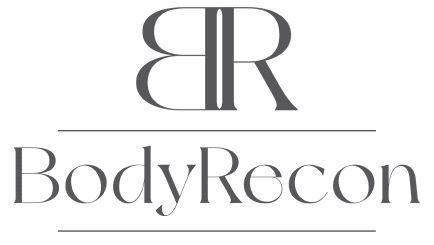ABOUT LIP LIFT
Lip lift is now a popular procedure. The idea behind a lip lift is to shorten the length of the upper lip and therefore show more of the upper teeth at rest and when smiling, as well as rotating the upper lip slightly outwards to give more upper lip fullness. This procedure can be performed under local anaesthetic in an office base setting. One of the key aims of the procedure is to minimise the visible scarring and to achieve this, the scar is kept in the shadow at the base of the nostrils and usually runs the distance of the base of the nose. Stitches usually need to be removed a week after the surgery.
There is very little downtime from this procedure, but of course there are always potential risks with surgery, including the possibility of more visible scarring; though this is rare. Lip lifts are often performed in association with other facial rejuvenating procedures such as chemical peel, fat grafting and face lift. If combined with larger procedures it is performed under general anaesthesic.
FREQUENTLY ASKED QUESTIONS
A lip lift lasts forever really. It is a permanent operation as a section of skin is removed to shorten the lip. It is possible that there will be a slight stretching of the upper lip over time but this will be minimal.
A lip lift will slightly curl the lip outward and may give the impression the lip is slightly bigger but it won’t actually make the lip bigger.
Downtime is quite minimal although you will need to have some stitches taken out around a week after surgery. You can expect things to look good within a week or so but it will take several weeks for the scar to fade. You can put make-up on the scar as early as a week after surgery.
Yes, a GP referral is mandatory for all plastic surgery procedures before we are allowed to book your consultation with Dr. Rahdon.
Yes you can drive home after a lip lift provided the procedure is only performed under local anaesthetic. However it is preferable to have someone with you to take you to and from your procedure.
Any surgical or invasive procedure carries risks. Before proceeding, you should seek a second opinion from an appropriately qualified health practitioner.
Interested in learning more? Book a consultation today.

